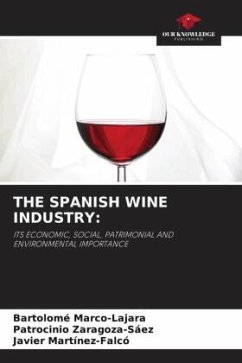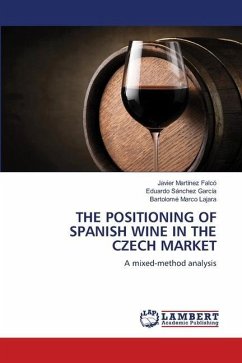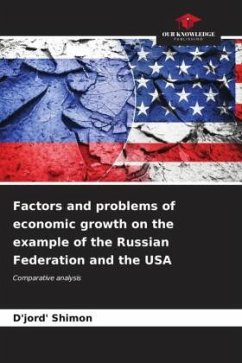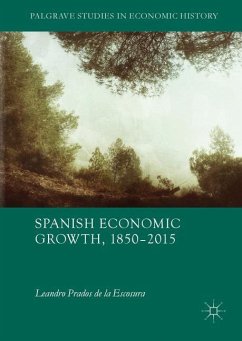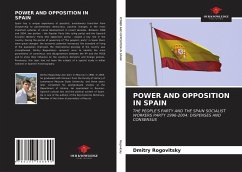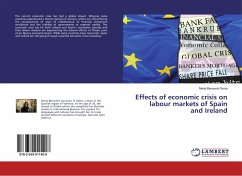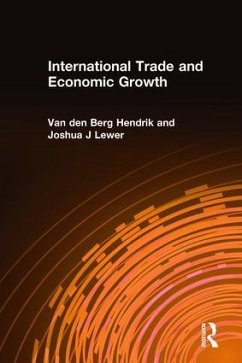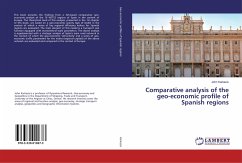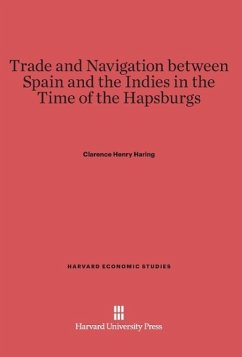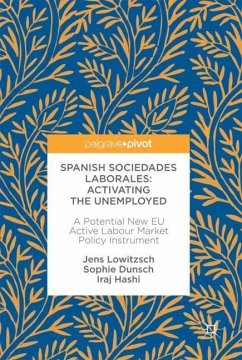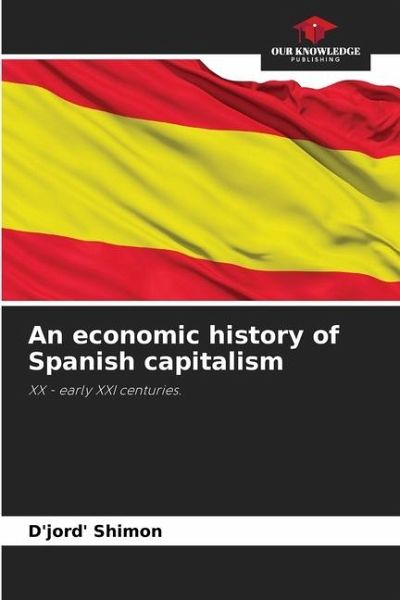
An economic history of Spanish capitalism
XX - early XXI centuries.
Versandkostenfrei!
Versandfertig in 6-10 Tagen
53,99 €
inkl. MwSt.

PAYBACK Punkte
27 °P sammeln!
In this monograph, Hungarian economist György Szymon Jr. examines key processes in the economic history of Spanish capitalism in the twentieth and early twenty-first centuries. His economic analysis is largely based on the historical national accounts of Spain compiled by Leandro Prados de la Escosura. The author pays special attention to the so-called "Spanish economic miracle" and the reasons for its subsequent decline, Spain's participation in the EU and the Eurozone, and an analysis of its latest sovereign debt crisis. Theoretical considerations are presented by describing the mechanism o...
In this monograph, Hungarian economist György Szymon Jr. examines key processes in the economic history of Spanish capitalism in the twentieth and early twenty-first centuries. His economic analysis is largely based on the historical national accounts of Spain compiled by Leandro Prados de la Escosura. The author pays special attention to the so-called "Spanish economic miracle" and the reasons for its subsequent decline, Spain's participation in the EU and the Eurozone, and an analysis of its latest sovereign debt crisis. Theoretical considerations are presented by describing the mechanism of economic growth. The econometric study covers the 70 years between 1950 and 2020, highlighting manufacturing as the driving sector of the Spanish economy. Investigating the demand side of Spain's GDP growth, the author highlighted the role of foreign direct investment. To analyze supply-side factors, an endogenous growth model with an embedded mechanism of technological progress was used, taking into account both physical and human capital, as well as time as an event space of creative economic activity. On its basis, the total factor efficiency is determined in comparison with the world level.



